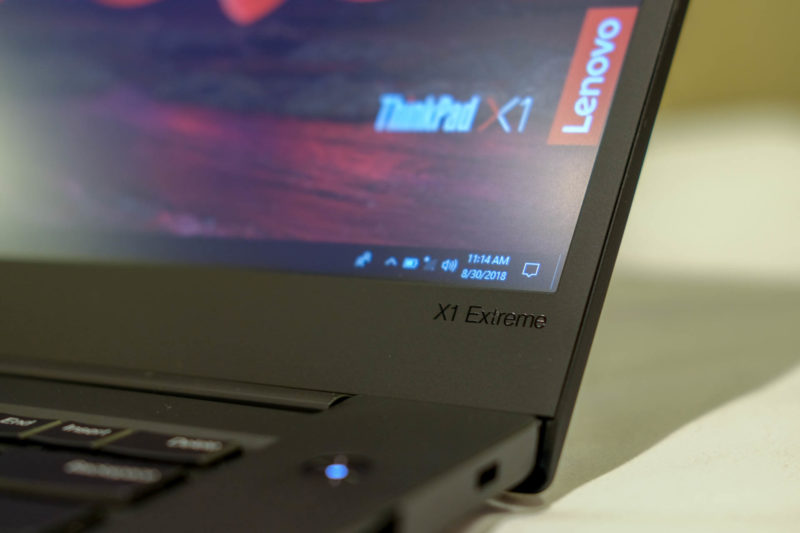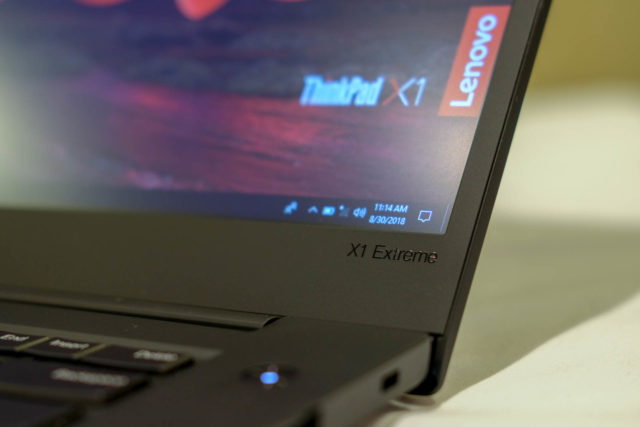Technology company Lenovo has announced its new 10-year climate action plan.
The new aggressive, science-based greenhouse gas emission reduction targets for 2030 have been announced together with Lenovo’s new Environmental, Social and Governance (ESG) Report.
Lenovo plans to reduce scope 1 and 2 direct emissions (emissions related to operations including energy purchased for electricity, heat, steam and cooling) by 50% by 2030.
The company plans to reduce scope 3 emissions intensity throughout its value chain by 25% by 2030.
Related articles:
Unilever to eliminate fossil fuels with €1bn clean future investment
Visa becomes world’s first digital payment firm to issue a green bond
Mastercard unveils ‘Priceless Planet Coalition’ to combat climate change
Pepsi unveils a $1bn green bond, appoints first Chief Sustainability Officer
This follows Lenovo reducing its scope 1 & 2 greenhouse gas emissions by 92% in FY2019/20, exceeding its 40% reduction goal set in 2010.
Energy efficiency and renewable energy projects in China and the US helped Lenovo to achieve the goals.
Within its value chain, Lenovo is focusing on decreasing emissions across three categories, including: the use of sold products (for notebooks, desktops and servers); purchased goods and services; and upstream transportation.
Lenovo is busy developing a roadmap to achieve net-zero emissions by 2050.
Lenovo’s new targets have been approved by the Science Based Targets initiative.
Lenovo CEO Yang Yuanqing, said: “We’re incredibly proud of the progress we’ve made so far in reducing our impact on the environment through conscious effort, as well as investments across our operations.
“We, and other global companies like us, need to act promptly as the world is needing real environmental action. As a result, we are going further than ever before to set ambitious future targets so that we can build a better future where smarter technology continues to empower everyone, everywhere.”
This is Lenovo’s 14th annual ESG Report, covering the Fiscal Year 2019/20 (April 1, 2019 through March 31, 2020).



